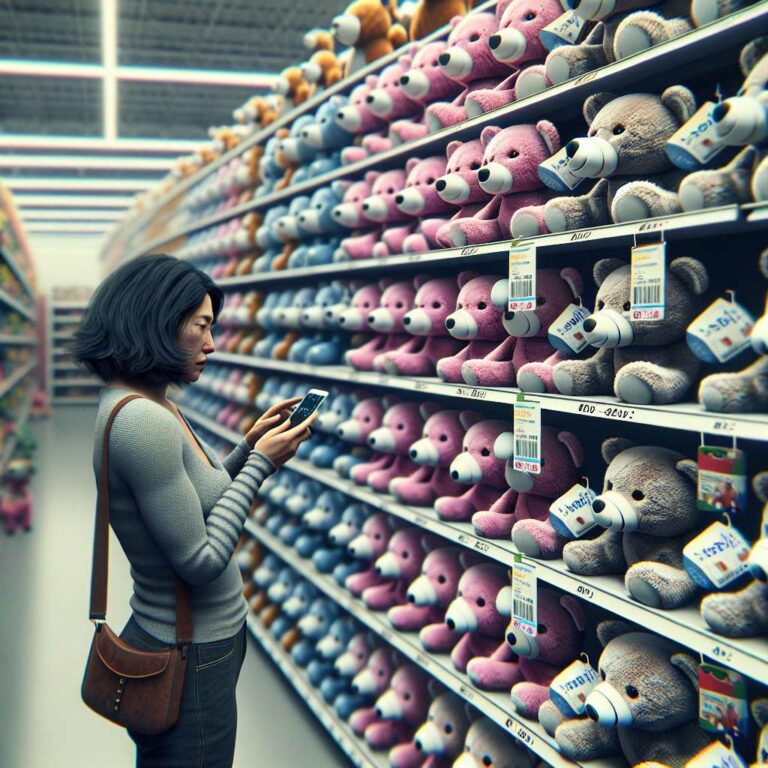Children’s toys that talk back are moving from novelty to mainstream in China, as companies embed chatbots and voice assistants into plush animals and gadgets. A report from the Shenzhen Toy Industry Association and JD.com forecasts the category will surpass 100 billion yuan by 2030, outpacing most other consumer Artificial Intelligence segments. Corporate records from Qichamao list more than 1,500 Artificial Intelligence toy companies active in China as of October 2025, underscoring how quickly the market has crowded with competitors seeking scale at home and abroad.
Among the buzziest products is BubblePal, a Ping-Pong ball-sized device that clips onto a child’s favorite stuffed animal and makes it “talk.” Through a companion app, parents can choose from 39 characters, including Disney’s Elsa and the Chinese cartoon hero Nezha. The gadget, made by Haivivi and powered by DeepSeek’s large language models, has sold 200,000 units since launching last summer. BubblePal debuted in the United States in December 2024 and is now also available in Canada and the United Kingdom, signaling the category’s rapid international ambitions.
Rival startup FoloToy takes a personalization-first approach. It lets parents customize plush bears, bunnies, or cacti and even train the toy to speak in their own voice and speech pattern. The company sold more than 20,000 Artificial Intelligence-enabled plush toys in the first quarter of 2025, nearly matching its full-year 2024 sales, and it projects 300,000 units for 2025. FoloToy says it is already in more than 10 countries, including the United States, United Kingdom, Canada, Brazil, Germany, and Thailand. Analyst Rui Ma of AlphaWatch.AI notes that child-focused Artificial Intelligence devices make particular sense in China, which has long had a robust market for educational electronics. That legacy dates back to the 1990s, when companies like BBK popularized electronic dictionaries and “study machines” that read aloud, told stories, and acted like playmates.
Competition is intensifying outside China too. Musician Grimes helped create Grok, a plush toy that chats with kids and adapts to their personality. Toy giant Mattel is working with OpenAI to bring conversational Artificial Intelligence to brands like Barbie and Hot Wheels, with the first products expected to be announced later this year, setting up a crowded field of offerings that blend play and personalized interaction.
Parents’ early feedback in China is mixed. Many appreciate that these toys are screen-free and include strict parental controls, but they report uneven performance. Beijing-based parent Penny Huang said BubblePal’s replies feel too long and not immersive, causing her daughter to lose interest. Another parent, Hongyi Li, cited lagging voice recognition that interrupts or misinterprets children’s fragmented speech and requires button presses that are hard for toddlers. Huang has already listed her BubblePal for resale on Xianyu, saying her child still prefers adults’ smartphones over the talking toy.

